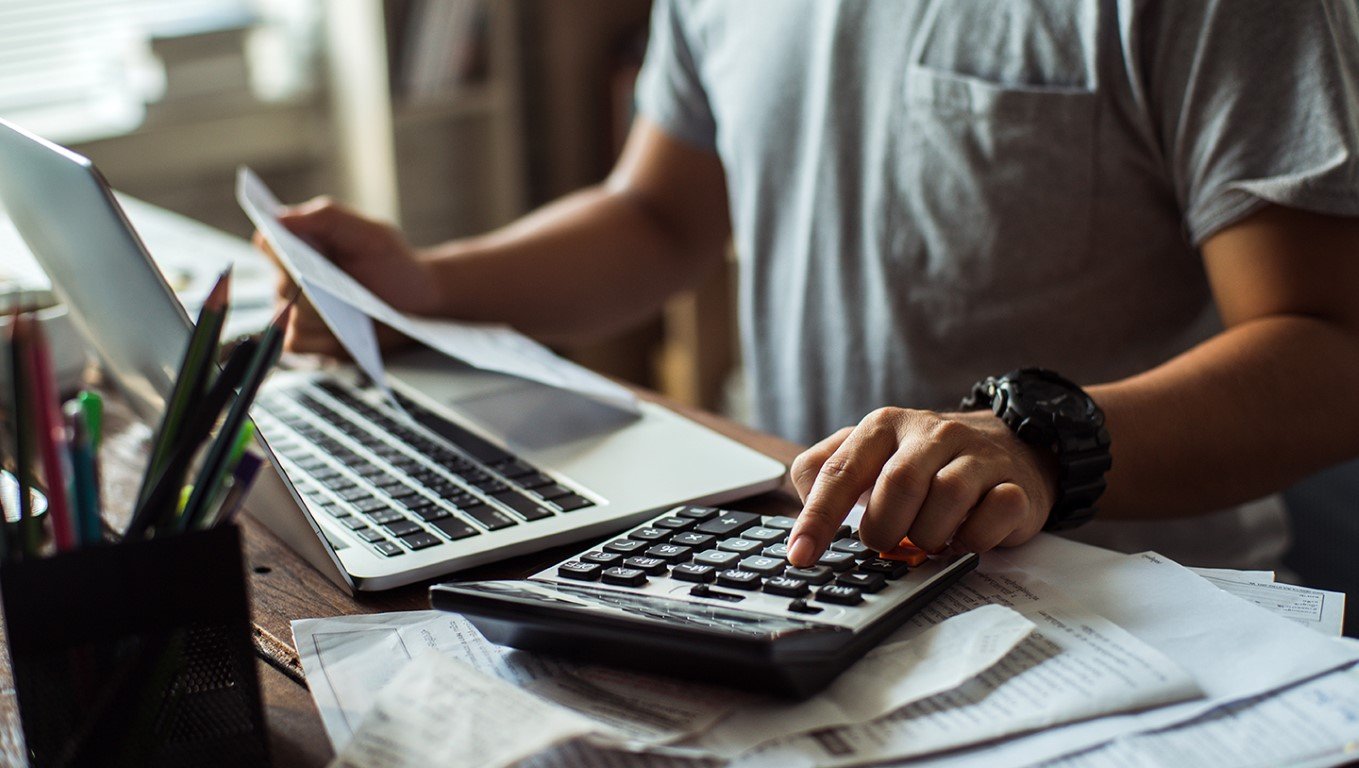
When you start your own business, you need to think about a huge number of things – marketing, product/service quality, staffing, pricing, and more. With all these different areas to think about, saving for your retirement through a 401K in the United States or a tax-free savings account (TFSA) in Canada often goes to the bottom of your to-do list.
Indeed, you have to have a meticulous marketing strategy to sell the products/services you’ve developed, without compromising on quality. It’s also important to have a great work ethic and working environment – one that will push your people to give their best work and contribute to your company’s success. So, it can be quite stressful to own a small business!
When running a business, it’s easy to forget about saving and investing
In the business world, it’s not uncommon to come across the idea that you should re-invest every penny back into your company. In reality, it’s often wiser to diversify and think about building a financial cushion and personal wealth, just in case your business collapses tomorrow.
On average, more than 50% of new businesses do not survive the first year, and about 95% fail within the first five years of their existence. There are many causes behind a small business failure, such as no real market need, the wrong team, poor marketing, pricing issues, no more cash, etc.
It doesn’t mean that it will happen to your business, but you need to be prepared for the worst. That’s why it’s important to start saving and invest money – you never know when a “rainy day” is coming your way.
To start saving money, you should first think about your financial situation
To improve your financial situation, it’s important to ask yourself the right questions, to 1) define your financial situation, 2) get organized, and 3) maximize your money and improve your credit score.
How much money do you earn every month? And how much do you spend a month? Do you have personal debts? Are you living within your means? What are personal habits you can change?
First, you should pay-off your debts as quickly as possible. Then, once you’ve identified your fixed expenses, you need to create a monthly budget and stick to it. Finally, you need to put some money aside every month as early as possible.
It doesn’t matter if you start small, the most important thing is to get started. You might also want to set a saving goal, is it can motivate you to reach it faster.
Once you start saving your money, investing it and watching it grow, it will become a daily habit for you. Once you’ve established this habit, the next step is to find the right financial product, depending on your financial situation, goals, risk tolerance and investment horizon.
Taxes also play an important role on how much money you can earn from your investment. Therefore, they should figure in the way you select your investment vehicles. Financial instruments with advantageous tax structures, such as 401k or TFSA accounts, are great tax protection tools to consider.








